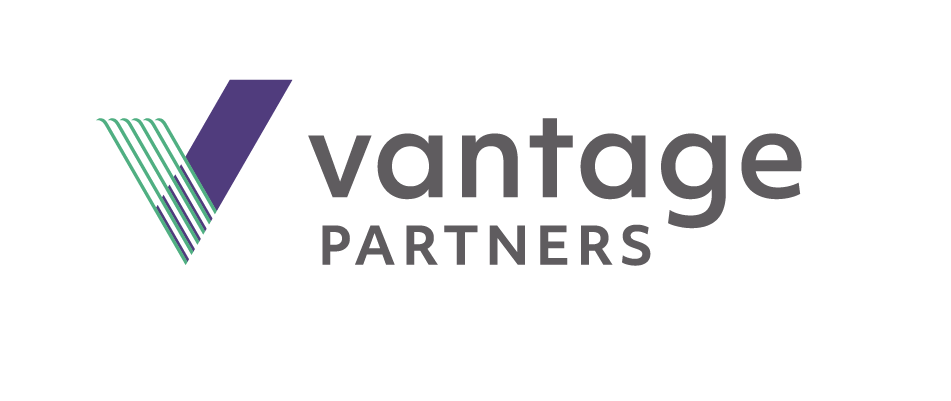
Originally published in 2019 on Mandel Communications' blog.
Are Offsite Meetings Worth It?
Are you struggling to get people more excited about your next offsite? Does your team see the offsite meeting as a burden or opportunity? Worthwhile or a waste of time?
Or maybe you’re contemplating whether to hold your offsite at all because it just hasn’t paid off in terms of productivity.
You’re not wrong to critically assess your investment. In the US alone, meetings account for $325 billion of direct spending per year, according to a 2018 Events Industry Council report.
It’s a big expense and it can be confusing to know what’s going to move the needle on offsite productivity.
Read any number of articles and expert opinions about team offsites, and you’ll come away with lots of great reasons to have one — everything from face-to-face networking to creating a distraction-free environment for creativity. And you’ll also get all kinds of advice about how to improve the meeting experience itself.
But there’s one thing (arguably, the most important thing) that too often gets overlooked or glossed over.
The truth is, the secret to making your next offsite wildly productive isn’t a shiny new venue, expensive catering, or even slick technology. While those things might improve the offsite experience, they can’t guarantee success.
What can? Communication planning. Without it, your offsite is doomed to fail.
Communication Key to Offsite Success
Communication planning means making sure every person attending can confidently answer the following:
- Why am I here?
- What issue or decision am I being asked to consider?
- What information should I use to consider the issue or decision?
- What happens if we don’t resolve this issue or make a decision?
- How will doing this benefit me? My team? My company?
- How can I communicate my recommendations?
- Do my contributions matter? Am I being heard?
To do that, you have to ensure every presenter or discussion leader can do the following:
- Grab attention within the first two minutes and keep people engaged.
- Clearly frame the issue or decision being considered.
- Explain the consequences of doing nothing about it.
- Be clear about what the team is being asked to think through.
- Offer data and/or suggest criteria the team can use to consider the issue.
- Be as detailed as possible about the expected benefits — to the team and at the role level — of making a decision or resolving the issue.
- Make team members feel heard.
- Build accountability.
In our experience helping clients prepare for offsites, three things tend to derail a meeting before the first cup of coffee even gets poured:
- Weak agenda
- Unclear rules of engagement
- Lack of clarity about “what’s in it for me”
And yes, all three come down to communication planning — or making sure your team has a communications framework and the skills to, both, consider what others have to say and also to make their voice heard.
Use a Communications Framework
For communication planning, Mandel’s clients use SCI-PAB®.
SCI-PAB gives you an easy-to-use framework for not only communicating your event’s overarching agenda, but also for clarifying the goal or desired outcome of each presentation or breakout.
When you train your entire team to use a common communications framework like SCI-PAB, it can help create the clarity and accountability you need to get to the heart of issues and decisions faster.
It can help your team rally around a shared understanding of what’s at stake if you don’t address the issue or how you’ll be rewarded if you do.
Unfocused offsites without clear rules of engagement can too easily turn into gripe-fests, where people endlessly vent about problems without offering solutions. A common communications framework can help you avoid that fate by refocusing your team on driving toward decisions and outcomes.
Strengthen Presentation & Facilitation Skills
Of course, even when you communicate your agenda and expectations, offsite success depends on the ability of your team leaders to skillfully present information and facilitate productive discussions.
Do your leaders have the know-how to engage people interactively? How about to mediate conflict or tension, to transition smoothly from one topic to the next, and to ensure team members stay focused on driving toward outcomes?
Make the Next Team Offsite Your Most Productive
If you want to make your next offsite your most successful yet, talk to us.
Mandel helps prepare Fortune 1000 teams for offsite success by training them to use SCI-PAB, the Mandel BLUEPRINT®, and other tools to communicate focused agendas, to present clearly and compellingly, and to skillfully engage participants in outcome-driven discussions.
Because when you’re able to articulate why your team should care, and artfully explain what’s at stake if they don’t (or what they’ll gain if they do), you motivate them to lean in and collaborate with you to solve the issues at hand and make better decisions, faster.
If you’d like to learn more about Mandel’s Workshops or how we can help you strengthen your team’s Presentation Skills and Collaboration Skills by delivering training during your next offsite meeting, please get in touch.
Authors:

.png?width=512&height=130&name=vantage-logo(2).png)
